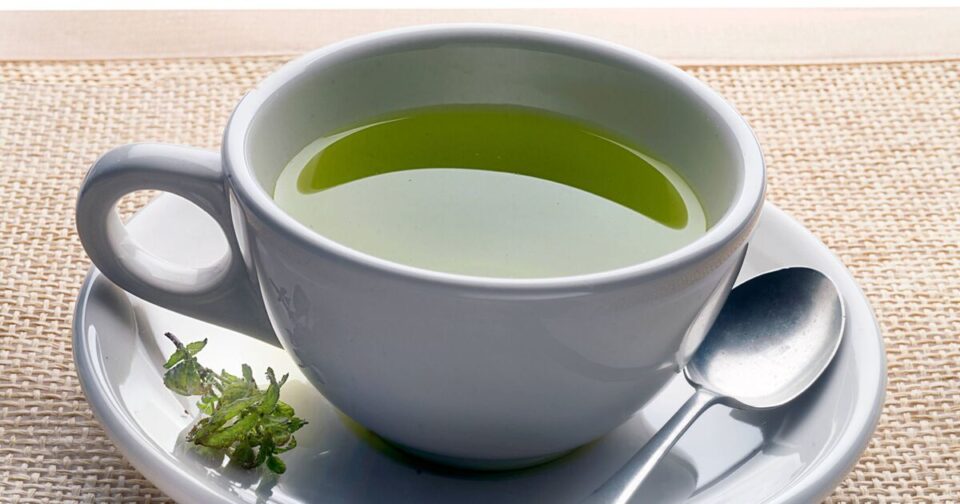Japan, the nation boasting the world’s highest life expectancy at birth, may attribute its longevity to a hot beverage readily available in the UK. Japanese women live an average of 86.6 years and men 79.6 years.
In stark contrast, the UK’s life expectancy at birth for 2020 to 2022 was 78.6 years for males and 82.6 years for females, a figure that has been on a downward trend.
Some experts believe this disparity is due to the Japanese diet and lifestyle, which includes a high intake of Omega-3 fish and a ‘superdrink’ known as green tea.
Green tea, especially matcha, has been a staple in Japan for centuries. This tea, made from minimally processed Camellia sinensis leaves, retains a high concentration of bioactive compounds, according to Marca.
Amazon offers green tea for £7.98 for 80 bags, equating to just 10p per bag. Health guru Dr Michael Mosley, who sadly died earlier this year, emphasised the benefits of black and green tea.
These teas are rich in flavan-3-ols, a subgroup of healthy plant compounds found in many foods, which improve blood pressure and blood flow among other heart-healthy benefits.
Research published in the Advances in Nutrition journal shows that 400-600mg of flavan-3-ols a day – the equivalent of two to four cups of tea – is enough to produce such benefits, reports Surrey Live.
The secret to amplified health and warding off diseases could be nestled in polyphenols—potent plant compounds noted for their antioxidant prowess. As we navigate the effects of ageing, the environment, and our lifestyles, these antioxidants stand as guardians against cell damage.
Dr Mosley, amidst his affinity for black tea, has turned the spotlight on green tea: “I’m a huge fan of black tea, but what I happen to be drinking at the moment is green tea, and this is rich in a polyphenol known as epigallocatechin-3-gallate or EGCG, and that is loads of benefits, including, Apparently, it’s terribly good for the brain.”
Green tea emerges not just as a soothing beverage but also as a potent ally for your wellbeing, potentially boosting fat metabolism, disbanding hazardous plaques in blood vessels, and defending against cognitive ailments like dementia.
The revered polyphenol found within, pigallocatechin-3-gallate, has been linked to heart attack and stroke risk reduction owing to its ability to disrupt dangerous plaque formations.
University of Leeds researchers have confirmed these plaque-fighting properties of EGCG. Additionally, green tea might be a secret weapon in your fight against visceral fat—the notorious internal layer linked with chronic conditions such as heart disease and diabetes.
In a revealing study, subjects who consumed green tea extract prior to exercise incinerated a whopping 17 percent more belly fat than those without the supplement.
“How does it work? Well one theory is green tea might increase the number of mitochondria, the power houses in your cells which in turn could increase your energy expenditure. And even more surprisingly there’s been research that suggests the polyphenol in green tea I mentioned earlier, EGCG, can boost your brain power and may even protect your brain from diseases like dementia.”
Research has demonstrated that green tea is brimming with catechins, a type of antioxidant, which combat cell damage caused by free radicals. These antioxidants can reduce the risk of chronic diseases such as heart disease and certain cancers.
Studies have discovered that regular consumption of green tea can enhance metabolism and burn fat. This not only aids in weight management but also positively impacts overall metabolic health.
The caffeine and amino acids in green tea, such as L-theanine, can enhance brain function and safeguard against age-related cognitive decline. This is particularly crucial in a nation where the population is ageing rapidly.
Drinking green tea is a significant aspect of Japanese culture. Tea ceremonies are a form of meditation and social connection that fosters emotional and mental well-being. This practice not only encourages tranquillity and reflection but also fortifies community ties.
